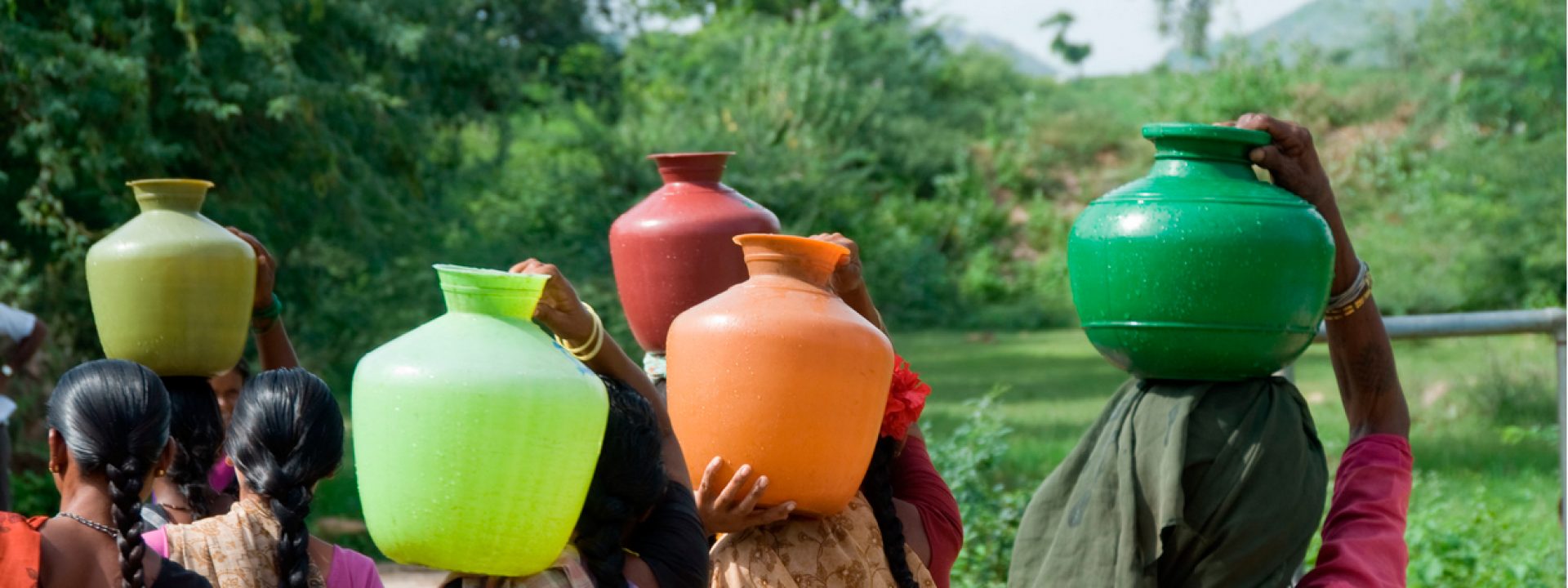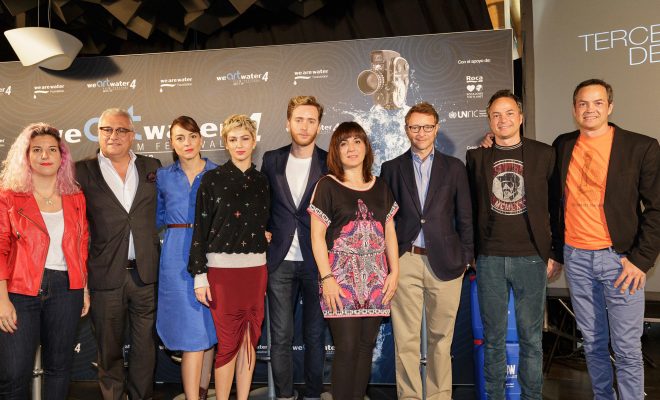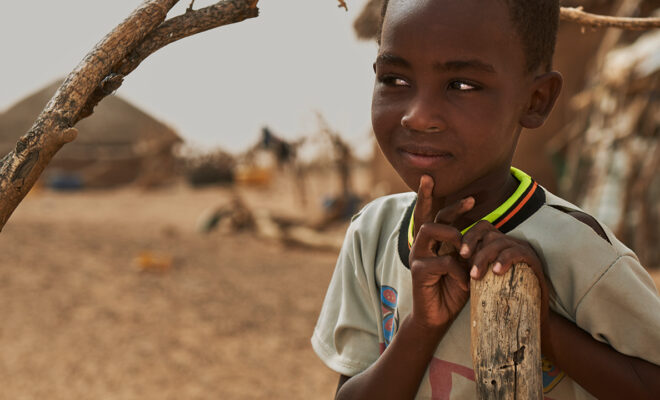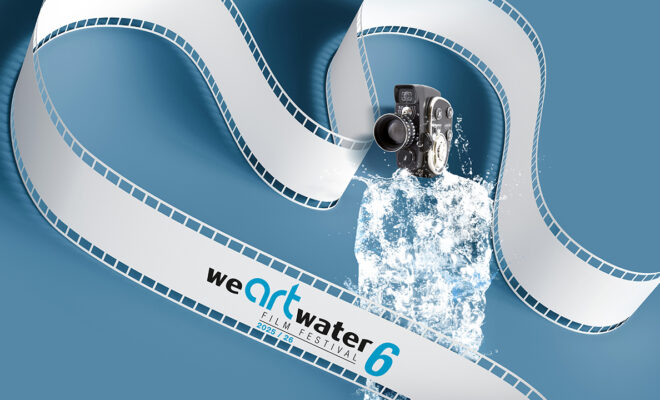
© Carlos Garriga/ We Are Water Foundation
Cinema is an art and we need it so that many of us see what sometimes only one of us can see. There are many hidden things in the field of water and sanitation and very often important details escape us; getting to know them helps us raise awareness among millions of people, opening the way to find solutions. And there are many problems to be solved in water and sanitation, many injustices to be denounced.
If you have read this far it means that you care for water and most probably you are also passionate about cinema. Why don’t you participate in the We Art Water Film Festival?
There have been three editions already and we have just opened the registration period for the fourth. The contents of the short films of each festival have allowed us to communicate, provide visibility and reflect on what is happening to water in any corner of the world, why it doesn´t reach everyone and what we could all do to solve this injustice.

We show you a few examples:
In rains in Addis Ababa, the capital of Ethiopia, but the rainwater does not reach the faucet of most of the population. The same happens in Katmandu, in Nepal: the second country in the world with more water resources cannot solve the severe access problems of its nine million inhabitants that suffer a real crisis in a world of plenty. There are committees in Bolivia to reclaim and manage water, and in Cameroon many women suffer illnesses in silence because they have no access to clean water.

But it is not necessary to travel to developing countries to find the daily injustice of the lack of water; in the most developed communities there is also a water eviction, as water is not always accessible for the economically poorer citizens, even in “rich” countries.

The terrible consequences of the lack of clean water for children occur for many different reasons. Many Peruvian children get scabies and parasites because they drink and wash themselves in irrigation canals; but those in the Somali refugee camps suffer diarrhea because they drink water polluted with feces and 1 out of 10 dies of it.

Thanks to your short films we have seen how those who suffer the lack of access to water need to come up with many different ways to cope. Like Rubén, in Tanzania, who teaches his neighbors to build a very simple rainwater collector with five bottles of water and a piece of metal. Or like Poppy Taaibos, in South Africa, who has reached an agreement with her neighbors to carry water and use their bathroom for her and her family.

Millions of people in the world are obliged to live in an environment with polluted water with very few chances of finding a solution, like the inhabitants of the city of Hyderabad on the banks of the Musi River, in India, or like the ones in Makoko, a marginal neighborhood in Lagos, in Nigeria, one of the most unhealthy in the world whose inhabitants cannot go fishing anymore like their parents used to do. Thanks to the short films of the Festival we have been able to know more about the life of Kinene, a nine-year-old boy who lives on the shores of Lake Victoria and who needs clean water to wash fish with his mother, the only source of income for their family.

They have also shown us how climate change and irresponsible human actions are destroying forests and affecting both the inhabitants and the ecological balance of the planet. We have seen it in the Colombian forests and in the ones of the indigenous people of Quechua, in the Andes, and Shipibo, in the Peruvian Amazon. We have been able to see that beyond the environmental and human disaster, the disappearance of the water of a lake is the loss of a cultural reference for an entire country. We have seen this in Lake Poopó, in Bolivia, and in the chilling drying out of Lake Urmia, in Iran, told by a girl.

The short films of the We Art Water Film Festival have also shown us the often invisible fight of women to obtain water for their family like the stories of Marcela and Maritza, two mothers that share their situation with millions of women and mothers all around the world: the lack of water. Nearly invisible and alone, their survival routine and their attitude are outstanding examples of resilience and dignity, a story that has been made visible thanks to the power of cinema.
We await your short films. Sign up for the fourth edition of the competition and help us see what many of us cannot see.





